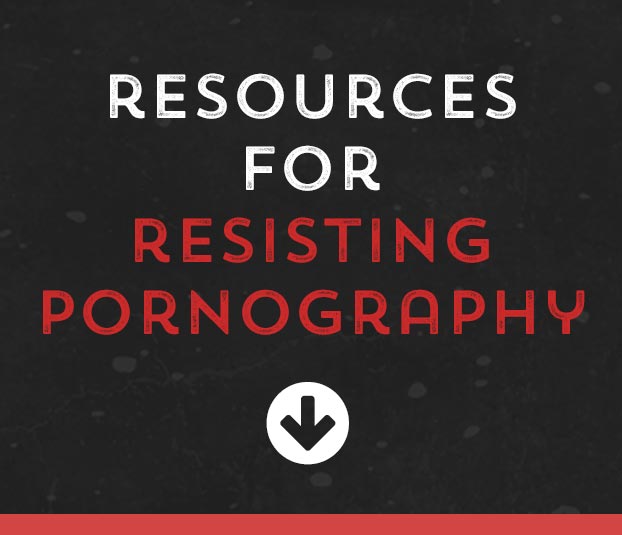When addressing pornography in your congregation, keep in mind there are multiple groups affected, all which need strategies and sensitivity. They are users, people affected by pornography and its culture, and the next generation (those yet to be affected by porn).
When thinking about pastoral care, keep the following points in mind:
People need a full picture of the many problems caused by pornography
This includes not only how it affects them, but how they, as users, affect others. Ultimately they need a blend of support, rebuke, and assurance that with work and resolve, they can be porn-free.
Many (but not all) Christians feel guilt and shame about their porn use, and need God’s grace and forgiveness. They often feel helpless, since their compulsive behaviours keep repeating despite attempts to stop.
Understanding that the biological and neurological damage caused by long-term porn use will take time and persistence to undo. Sadly, some users simply don’t see the problem with porn, and those perceptions need to be confronted.
Pornography use impacts more people than many realise
The impact on spouses can be devastating. Spouses can be heavily affected, as research shows that pornography reduces trust, increases insecurities, and contributes to relationship breakdown. Likewise parents, siblings and close friends all carry a burden when relating with porn users.
More broadly, the surrounding sexualised culture has enormous influence on how young people behave and feel. Modern objectification culture alone places horrible pressure on females, whilst perpetuating unloving and unrealistic expectations in men.
Our families, churches and schools need to be actively resisting this culture, both exposing how harmful selfish sexuality is, whilst being counter-cultural in the alternative narrative of respectful, Christ-like, mutual-love relationships.
Helping the next generation resist pornography is a long-term challenge for our churches and schools
Education resources, parenting family support, leadership training, school curricula, and a good sexual culture are some of the ways this will happen. Our children and teens need to be prepared as early as possible. If their parents, church and Christian schools are not leading the way in resisting porn, then the world’s noise will invariably reach them. Young people need to know the very real dangers of pornography, and look to us for how to live as disciples of Jesus in this highly sexualised and narcissistic world.


